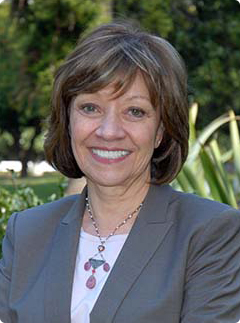Ag Collaboration with the Netherlands
Karen Ross: Ag Collaboration with the Netherlands
By Charmayne Hefley, Associate Editor
One of the best ways to overcome the challenges that arise in farming, is ag collaboration with countries that have already found solutions to the issues we face.
Karen Ross, secretary, California Department of Food and Agriculture, led a delegation of Californians to the Netherlands last month, “for shared discussion on all of the ways we can collaborate on climate-smart agriculture,” Ross said, “including water-use efficiency and improved fertilizer use.”
“In particular, the Netherlands has a shared issue with us—nitrates in groundwater—and what we can do to improve our water management and fertilizer management to avoid that. They’re doing some interesting things with greenhouse technologies and salt-tolerant crops, so we saw some real opportunities. We had university people with us to do some trials here.”
Ross’s group was able to visit Wageningen UR (University & Research centre), Netherlands’ prominent agriculture university. She said between the University of California, Davis and the Dutch university, “we found ways that we can collaborate together to find the solutions that are not just about here in California,” Ross said. “If we can solve these problems on water-use efficiency, desalinating brackish water, and salt-tolerant crop issues in California, we will make a contribution to solving these problems on a global basis.”
Ross’s team also visited many farmers, primarily of specialty crops. Ross commented, “We saw some of their digester technology, which we know is one of the solutions for our dairies. We really want to advance that technology, make it affordable and provide value to our dairies.”









